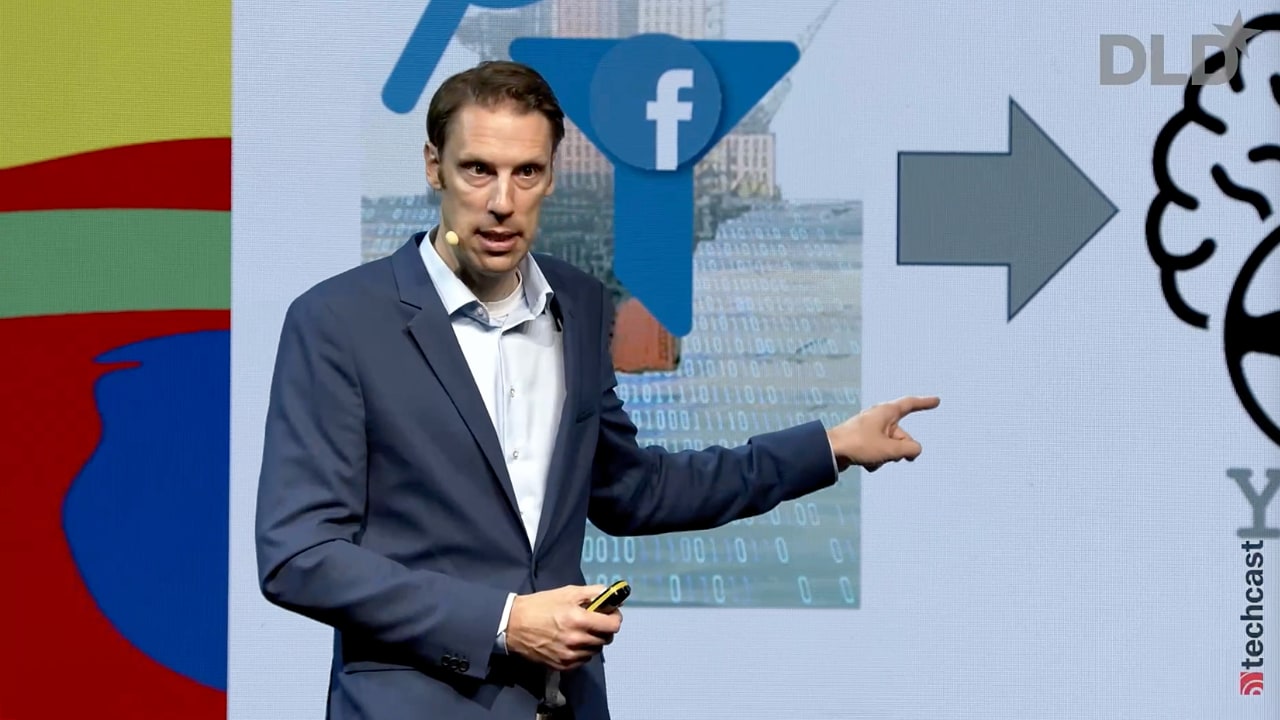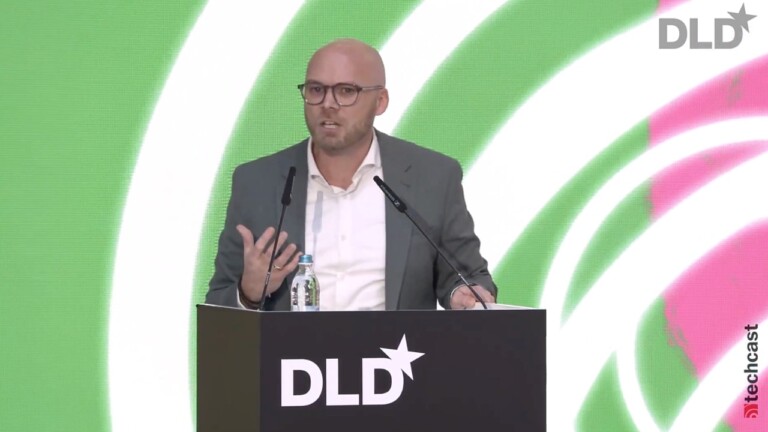How can AI help us deal with information overload and create a “knowledge society” where we’re able to actually make sense of all the things we see, hear and read on the Internet? That question sits at the core of this engaging DLD Future Hub presentation by computer scientist Björn Ommer (LMU).
Every day, 70 years’ worth of video footage, billions of images and short messages flow through the Internet, Ommer notes. “But this is nothing compared to what just has happened this summer, when AI-generated videos took the Internet by storm.”
This raises important questions of trust and authenticity, given that deepfakes can be created with a simple prompt. The algorithms steering human attention on social media can easily be manipulated, Ommer warns.
But the researcher also presents alternative vision for generative AI, where the technology acts as a powerful tool for knowledge acquisition. Ommer showcases an early example of an AI learning complex concepts like reflections and shading from images, demonstrating its ability to “gather new knowledge” rather than just process information.
This points to the potential of AI “helping us to personalize and democratize the access to knowledge”, Ommer argues, “in this particular case, from live, online, incoming, unstructured information.”
Watch the video for further details on Ommer’s vision and how it could become reality.



